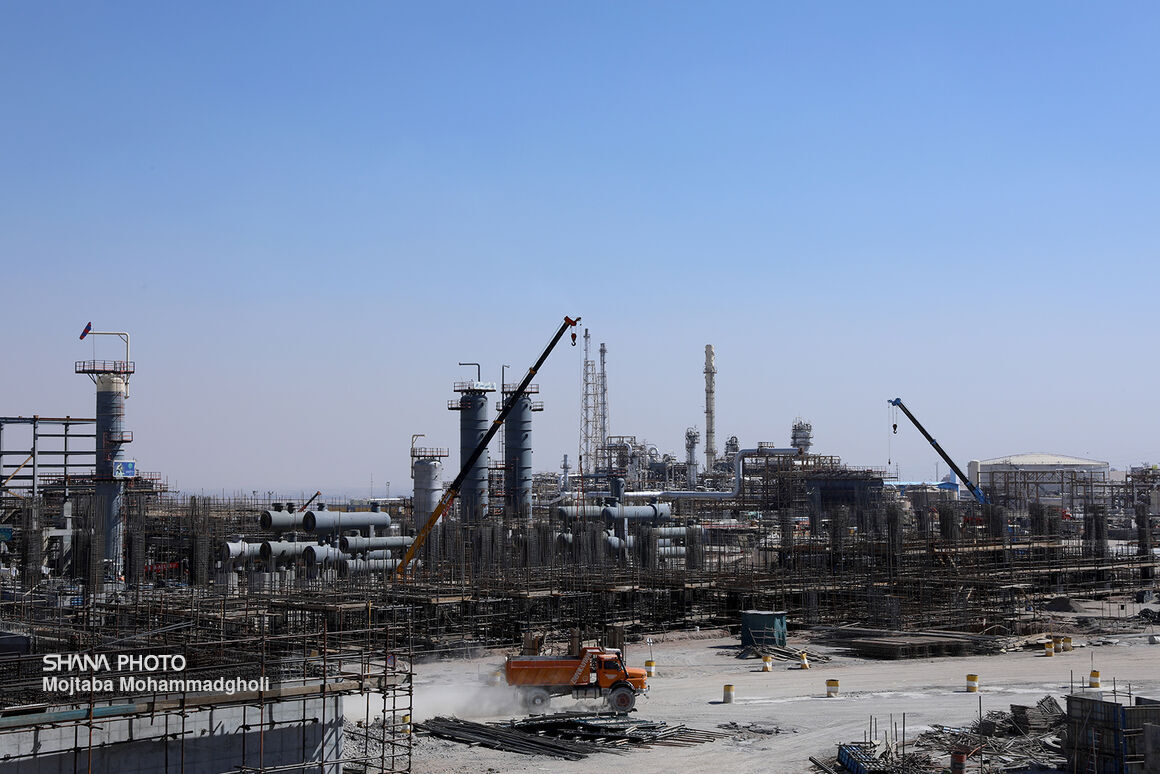Gholamreza Baqeri-Dizaj noted that Isfahan Refinery plays a strategic and key role in Iran’s oil industry, accounting for over 20% of the country’s crude oil refining and fuel supply. He added that due to its high trade volume and financial turnover, the refinery contributes significantly to income and value-added taxes in the province, allocating more than 6 to 7 trillion tomans annually.
Regarding production capacity, he said the refinery’s designed capacity is 360,000 barrels per day, but it can increase to 430,000 barrels in cases of supply-demand imbalance or rising domestic consumption. At 360,000 barrels, gasoline production reaches about 10 million liters per day, while at 430,000 barrels, it rises to 15 million liters—equivalent to adding a new mid-sized refinery to the country’s capacity.
On the mazut upgrade project, Baqeri said the initiative aims to reduce sulfur content and produce higher-value products. The first phase will launch in 2026, enabling the production of low-sulfur mazut for power plants without polluting effects, which will also help reduce gas shortages in winter.
Daily production of 15m liters of Euro 5 gasoline
Baqeri stated that the refinery’s gasoline fully complies with Euro 5 standards, producing about 15 million liters per day—24% of its capacity. In stable conditions, diesel output reaches 25 million liters daily.
He stressed that over 70% of the refinery’s products meet Euro standards, with gasoline, diesel, and mazut included. Only mazut, which makes up 18.5% of total output, has yet to meet Euro standards.
The CEO highlighted efforts to boost production of standard-compliant fuels and reduce emissions, noting that development projects will increase Euro 5 gasoline and diesel output while supplying feedstock to petrochemical plants, improving fuel quality and cutting environmental pollution.
Project prioritization
Bagheri said Isfahan Refinery is executing projects based on prioritized needs and financial planning. Delays in some projects were attributed to supplier and equipment manufacturer issues, including import-related holdups. However, he assured no financing or management challenges exist, with payments even exceeding contractual terms.
On corporate social responsibility, he cited the seawater supply project by Sepah Water Company, designed to replace drinking and river water with seawater. The first phase will soon become operational.
The refinery has also invested in rail infrastructure, engineering, and equipment, alongside advanced wastewater treatment systems capable of processing twice the current capacity.
Baqeri noted that Isfahan Refinery operates several subsidiaries: RATA (transport and logistics), Mir Damad Sepah (commercial trade), and Molla Sadra (sulfur production).


Your Comment